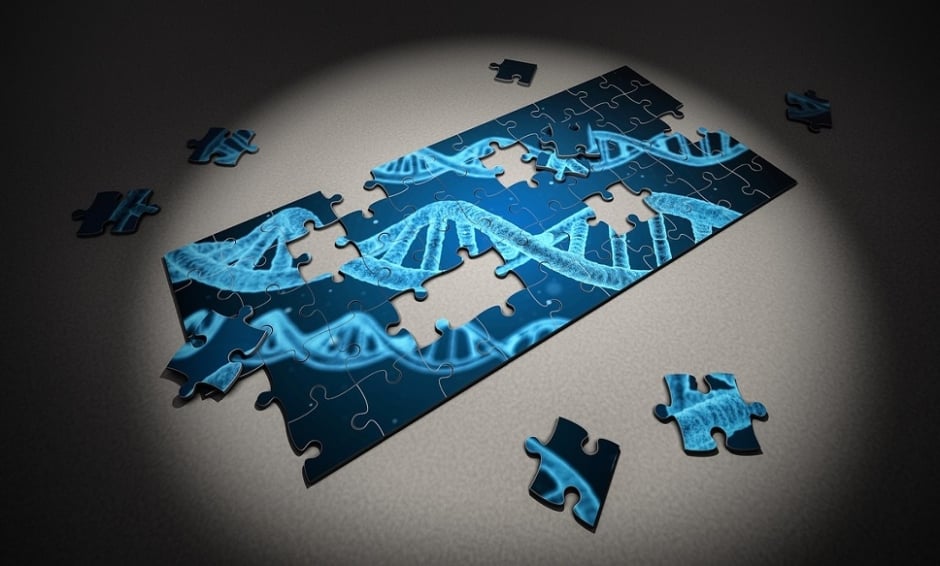THE FIRST genetic risk factors for urinary incontinence have been discovered by researchers. Although urinary incontinence is a very common issue, with ~50% of adult females experiencing at least occasional leakage and half of those women affected severely enough to impact their quality of life, the genetic variants associated with this condition have never been previously identified. Due to the number of women impacted, discerning a new treatment route is important. Current treatment options include advice on lifestyle changes, surgery, drugs to reduce bladder contraction, and pelvic floor and bladder training.
In this genome-wide association study, markers were scanned across complete DNA sets, taken from just under 9,000 women in three groups from Finland and the UK, in order to identify genetic variants related to urinary incontinence. Additionally, six further studies were carried out to reproduce the findings. The results revealed a risk locus for urinary incontinence that was close to the endothelin gene, which is already known to play a role in the bladder’s ability to contract. Speaking about the results of the study, the lead study author, Dr Rufus Cartwright, Visiting Researcher, Institute of Reproductive and Developmental Biology, Imperial College London, London, UK, explained: “Previous studies had failed to confirm any genetic causes for incontinence. Although I was always hopeful that we would find something significant, there were major challenges involved in finding enough women to participate and then collecting the information about incontinence.”
As drugs that influence the endothelin pathway are already utilised for treating pulmonary hypertension, they offer a potential therapeutic option in this regard as well. In the future, it is hoped that further risk variants for urinary incontinence will be identified, which will enable genetic screening in women. Pregnant women could particularly benefit from such a process. This is as caesarean sections result in a significantly reduced risk of incontinence; therefore, if genetic screening identifies the women most at risk of incontinence, they will be able to make a more informed choice about delivery method. Going forward, there will be a need for a holistic approach, with Dr Cartwright noting: “Clearly, this will need further debate and an analysis, not just of the cost to healthcare systems but also of the benefit to women who may be spared the distress of urinary incontinence.”
(Image: freeimages.com)








